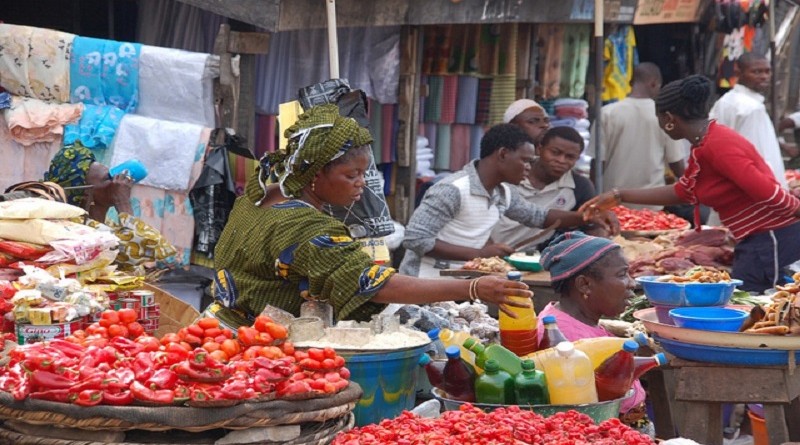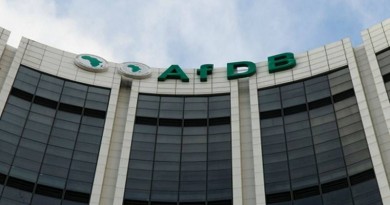Headline Inflation in Nigeria Eases in the Month of July to 33.40%
In July 2024, the headline inflation rate experienced a slight reduction, settling at 33.40%, which marks a decrease of 0.79 percentage points from the 34.19% recorded in June 2024. This information was disclosed in the most recent Consumer Price Index (CPI) and inflation report by the National Bureau of Statistics (NBS).
The report further indicated that the food inflation rate fell from 40.87% in June 2024 to 39.53% in July 2024, reflecting a decline of 1.34 percentage points. This marks the first reduction in the inflation rate in a span of 19 months. Although it is the initial decline, it serves as a positive indicator for economic stability, suggesting that measures aimed at controlling inflation may be starting to yield results. However, inflation levels did not decrease uniformly across all states, as several northern states reported an uptick in inflation.
With the onset of the harvest season, it is anticipated that food inflation will diminish, which is likely to contribute to a further reduction in the headline inflation rate. Ongoing challenges such as supply constraints, uncertainties in foreign exchange, and escalating gasoline prices pose risks to the continued decline of the inflation rate. Therefore, it is crucial for the government to invest in agricultural infrastructure and technology to enhance local food production. In early July, the government implemented a duty-free window for essential food items to mitigate food inflation.
The Nigeria Customs Service (NCS) announced that this policy would be in effect from mid-July until December 31. It is essential for the government to ensure that this policy does not negatively impact domestic food production. Additionally, the central bank should bolster foreign exchange reserves to promote currency stability. A stable currency results in a lower exchange rate pass-through, thereby diminishing the impact of imported inflation on the overall inflation rate.




